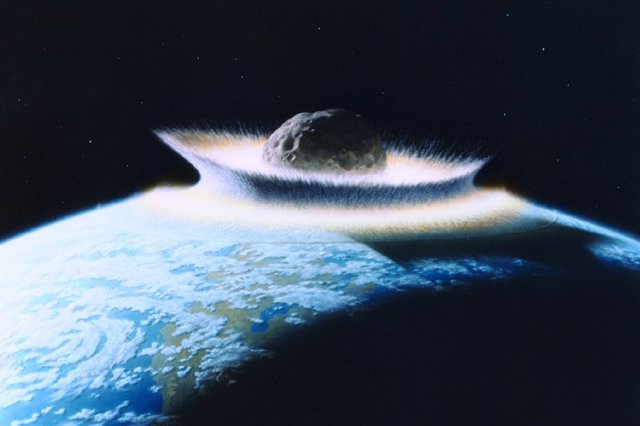WASHINGTON, May 28 (UPI) -- Internet users were momentarily alarmed yesterday when they learned a 10-mile-wide asteroid was on a direct collision course with Earth. The news came via CNN's iReport, a site featuring user-generated content that is supposed to be moderated and fact-checked by CNN editors.
The story claimed astronomers at NASA slated the asteroid's arrival date for March 35, 2041 -- but failed to explain how March was granted four extra dates. NASA eventually confirmed the claim as nonsense, but the story remained live for 24 hours before it was finally taken down.















